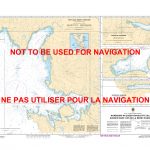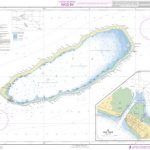Category Archives: Travel Guides
IMDG Code, 2018 Edition (inc. Amdt 39-18) 2 volumes
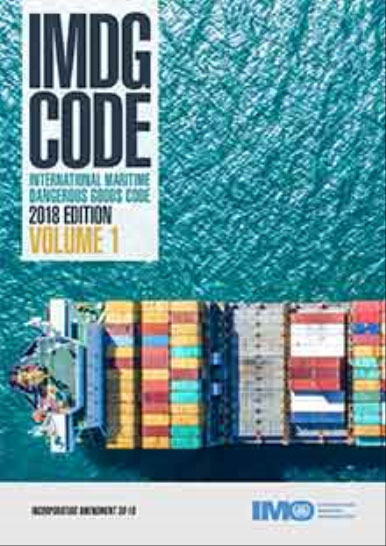
The IMDG Code has undergone many changes over the years, in both format and content, in order to keep up with the rapid expansion of the shipping industry. Amendment 38-16 includes revisions to various sections of the Code and to transport requirements for specific substances. It was adopted by IMO’s Maritime Safety Committee (MSC) at
IMDG Code Supplement, 2018 Edition
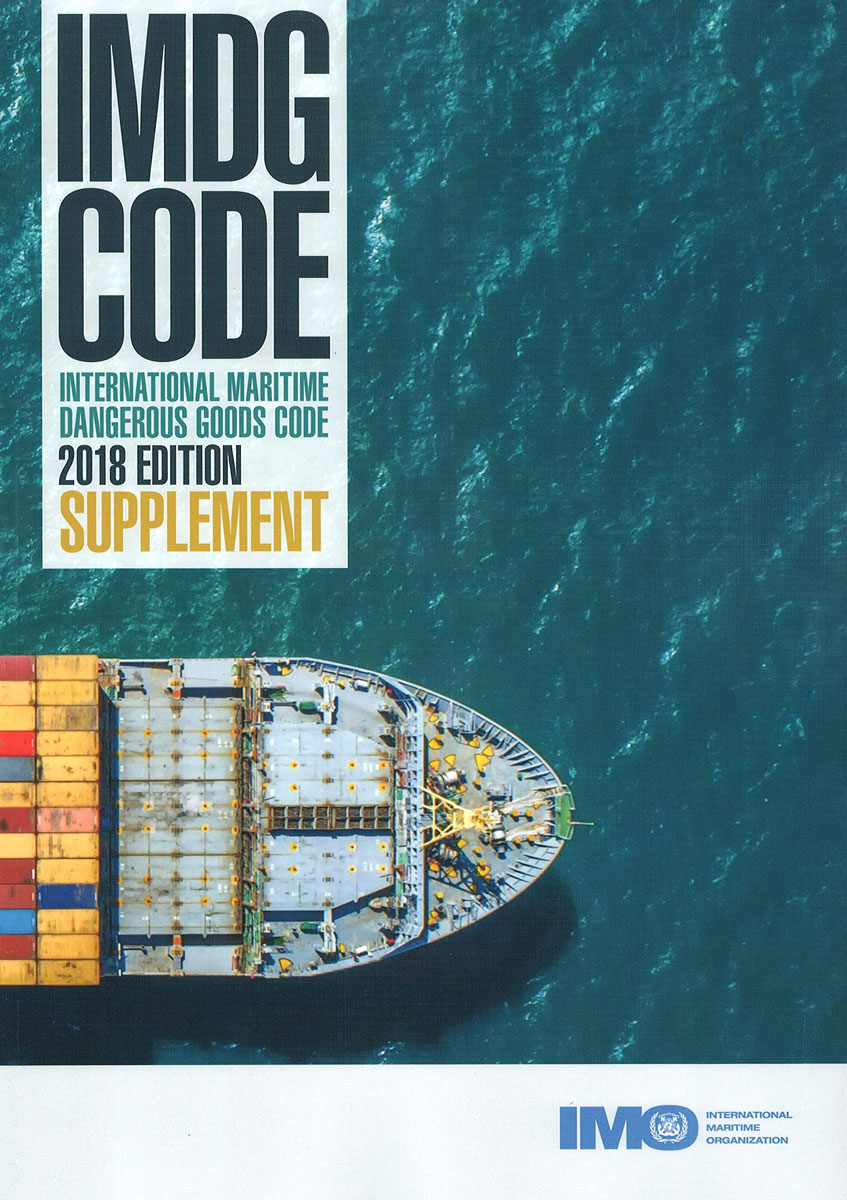
The International Maritime Dangerous Goods Code relates to the safe carriage of dangerous goods by sea, but does not include all details of procedures for packing of dangerous goods or actions to take in the event of an emergency or accident involving personnel who handle goods at sea. These aspects are covered by the publications
SOLAS Consolidated Edition, 2020
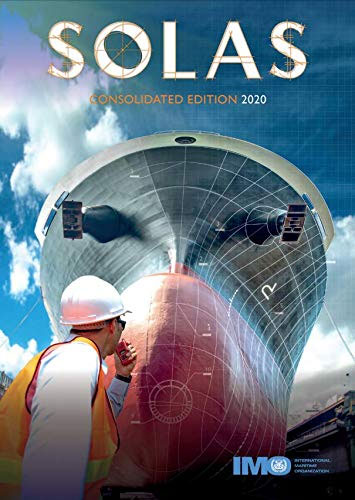
SOLAS: consolidated text of the International Convention for the Safety of Life at Sea, 1974, and its protocol of 1988, articles, annexes and certificates, incorporating all amendments in effect from 1 January 2020Of all the international conventions dealing with maritime safety, the most important is the International Convention for the Safety of Life at Sea,
IMO Liability and Compensation Regime (2018 edition)
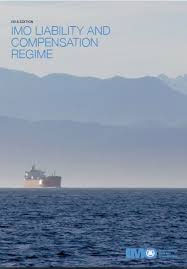
IMO’s comprehensive liability and compensation regime has been developed by the Legal Committee since its inception in 1967. It comprises liability and compensation for pollution incidents, wreck removal and the carriage of passengers and their luggage. In addition, the Legal Committee developed conventions relating to protection against pollution incidents, empowering coastal States to intervene on
Resolutions and other decisions of the 30th Assembly: resolutions 1110-1130, 27 November to 6 December 2017
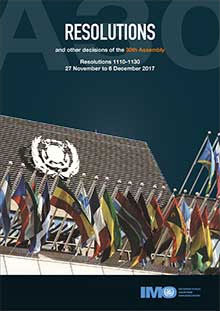
The 30th session of the IMO Assembly took place at the Headquarters of the Organization from 27 November to 6 December 2017. This publication contains, amongst others, resolutions pertaining to:’: Revised Guidelines on the Implementation of the International Safety Management (ISM) Code by Administrations’: Procedures for port State control, 2017′: Code for the transport and
ISM Code & Guidelines, 2018 Edition
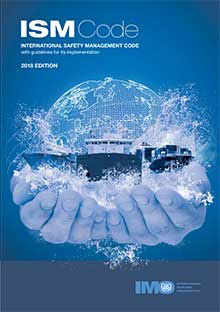
The International Safety Management (ISM) Code with guidelines for its implementation provides an international standard for the safe management and operation of ships and for pollution prevention. It is an essential reference for maritime administrations, shipowners and operators, shipping companies, training providers and education institutes, shipbuilders, engine and equipment manufacturers and others with interest in
OSV Chemical Code, 2018 Edition
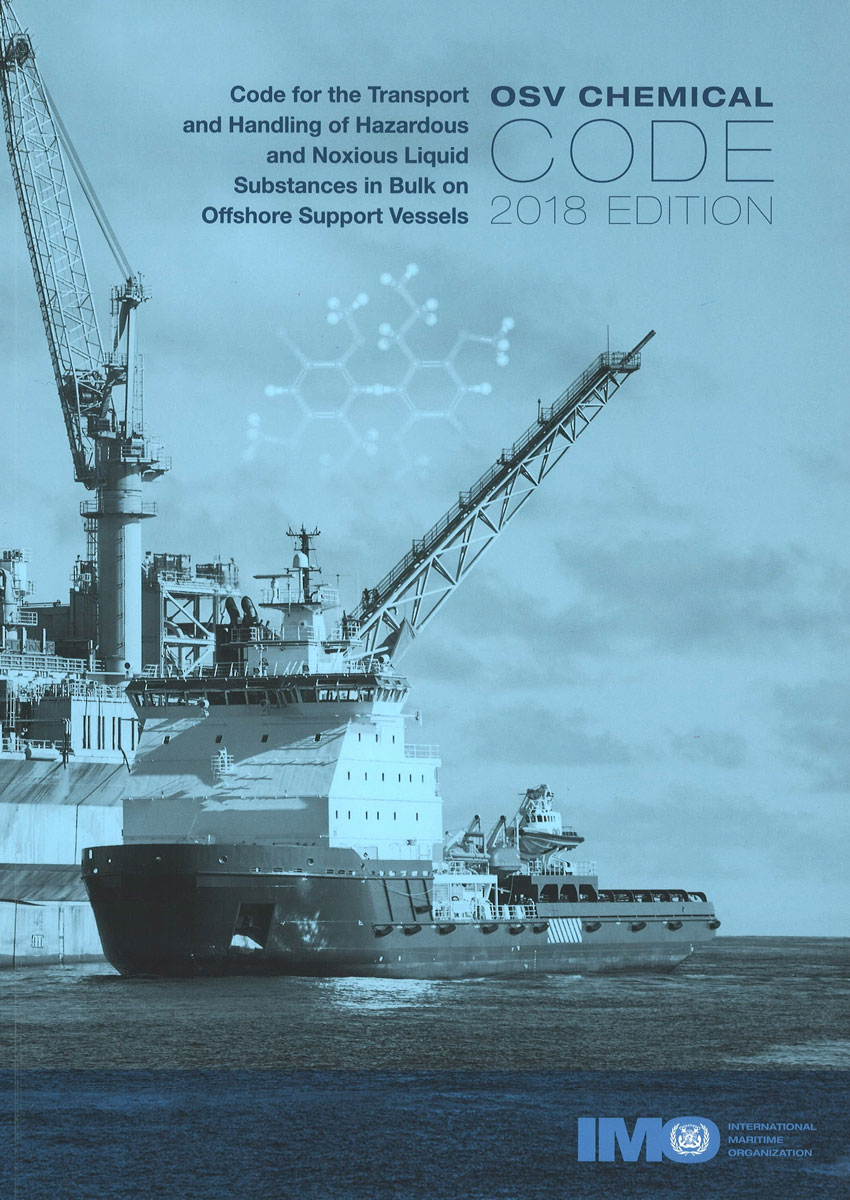
This present Code has been developed for the design, construction and operation of offshore support vessels (OSVs) which transport hazardous and noxious liquid substances in bulk for the servicing and resupplying of offshore platforms, mobile offshore drilling units and other offshore installations, including those employed in the search for and recovery of hydrocarbons from the
IAMSAR Manual: Volume I, 2019 Edition
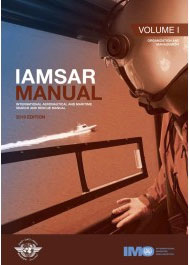
Jointly published by IMO and the International Civil Aviation Organization (ICAO), the three-volume International Aeronautical and Maritime Search and Rescue Manual (IAMSAR) provides guidelines for a common aviation and maritime approach to organizing and providing search and rescue (SAR) services.Each volume can be used as a stand-alone document or, in conjunction with the other two
Advanced Training for Ships in Polar Waters, 2017 Edition – IMO Model Course
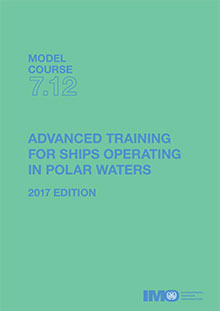
This advanced course provides training to navigation officers to operate ships in polar waters and to address those additional provisions deemed necessary for consideration beyond existing requirements of the SOLAS and MARPOL Conventions, in order to take into account the climatic conditions of polar waters and to meet appropriate standards of maritime safety and pollution
IAMSAR Manual: Volume II, 2019 Edition
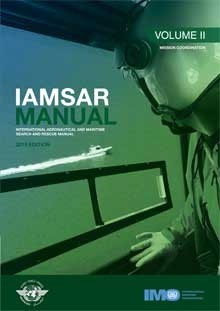
Jointly published by IMO and the International Civil Aviation Organization (ICAO), the three-volume International Aeronautical and Maritime Search and Rescue Manual (IAMSAR) provides guidelines for a common aviation and maritime approach to organizing and providing search and rescue (SAR) services.Each volume can be used as a stand-alone document or, in conjunction with the other two
Onboard Assessment, 2017 Edition – IMO Model Course
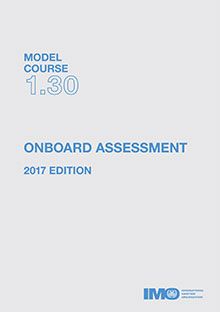
This course is primarily intended for any person conducting in-service assessment of competence of a seafarer on board. These would usually comprise senior shipboard officers (management level) but may also be suitable for shipboard personnel at operational level or experienced shore-based instructors with sufficient onboard expertise.
IAMSAR Manual: Volume III, 2019 Edition
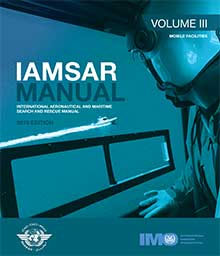
Mobile Facilities (volume III) is intended to be carried on board rescue units, aircraft and vessels to help with performance of a search, rescue or on-scene coordinator function and with aspects of SAR that pertain to their own emergencies.The 2019 edition incorporates amendments adopted by ICAO and approved by the IMO Maritime Safety Committee. The
Engine-Room Simulator, 2017 Edition – IMO Model Course
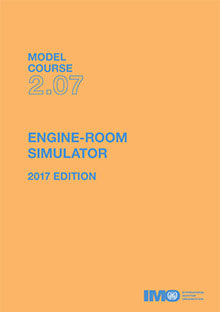
This model course describes guidelines for training using an engine room simulator specified as one method of demonstrating competence in Column 3 of the tables A-III/1, A-III/2, A-III/4, A-III/6 and A-III/7, except the Function “Controlling the operation of the ship and care for the persons on board at the operational level/management level.
Ballast Water Management Convention and BWMS Code with Guidelines for Implementation, 2018 Edition.
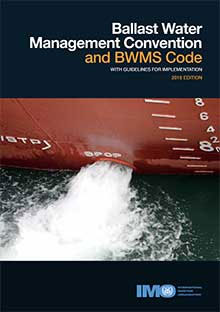
The International Convention for the Control and Management of Ships’ Ballast Water and Sediments, 2004 (BWM Convention), is concerned with preventing, minimizing and ultimately eliminating the risks to the environment, human health, property and resources arising from the transfer of harmful aquatic organisms and pathogens, through the control and management of ships’ ballast water and
Assess, Exam & Certification of Seafarers, 2017 Edition – IMO Model Course
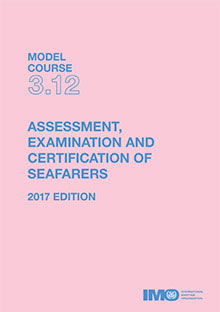
The model course includes introductory classroom instruction on the assessment, examination and certification of seafarers (in particular masters, chief engineers, deck and engineer officers), covering the provisions for training, assessment, examination and certification of masters, officers and ratings of the STCW Convention; the implementation of these provisions under national law; the selection of assessment methods;
Use of Leadership & Managerial Skills, 2018 Edition – IMO Model Course
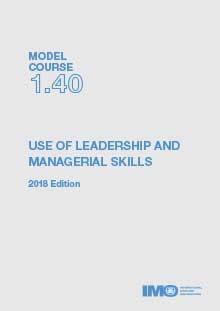
Successful completion of this course enables seafarers to meet the mandatory minimum standards of competence in the use of leadership and managerial skills specified in Function: Controlling the operation of the ship and caring for persons on board at the management level in tables A-II/2 and A-III/2 of the STCW Code.
Training Course for Instructors, 2017 Edition – IMO Model Course
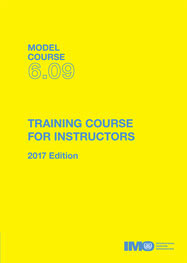
This model course is designed to facilitate the delivery of training in the competence standards required by the IMO Convention on Standards of Training, Certification and Watchkeeping for Seafarers, 1978, as amended. Its aim is to provide a useful introduction for those with limited teaching experience and introduce new approaches or serve as a reminder
Facilitation Convention (FAL), 2017
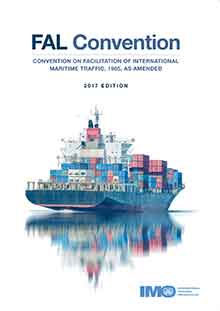
This consolidated edition of the FAL Convention includes amendments adopted at the fortieth session of the FAL Committee which enter into force on 1 January 2018.IMO Publications are available in paper, e-book and e-reader formats. Instructions how to download digital IMO publications will be provided via email after purchase. E-reader publications come as EBK format
Revised Guidance on the National Implementation of the London Protocol, 2018 Edition
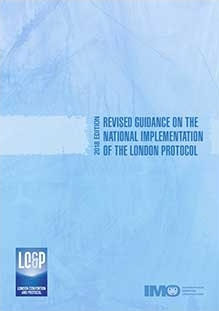
This publication only constitutes guidance and is intended to assist national administrations in implementing the London Protocol, whether they are currently Contracting Parties or simply interested in becoming Parties. It is not to be construed as providing definitive interpretations of the Protocol or how its provisions should be applied.It remains at all times the prerogative
Ballast Water Management ‘“ How to do it, 2017 Edition

This publication provides useful practical information to Governments, particularly those of developing countries, Administrations, shipowners, port State control authorities, environmental agencies and other stakeholders on the implications of ratifying, implementing and enforcing the Ballast Water Management Convention.The aim is to encourage the further ratification and proper implementation and enforcement of the Convention. However, it should








